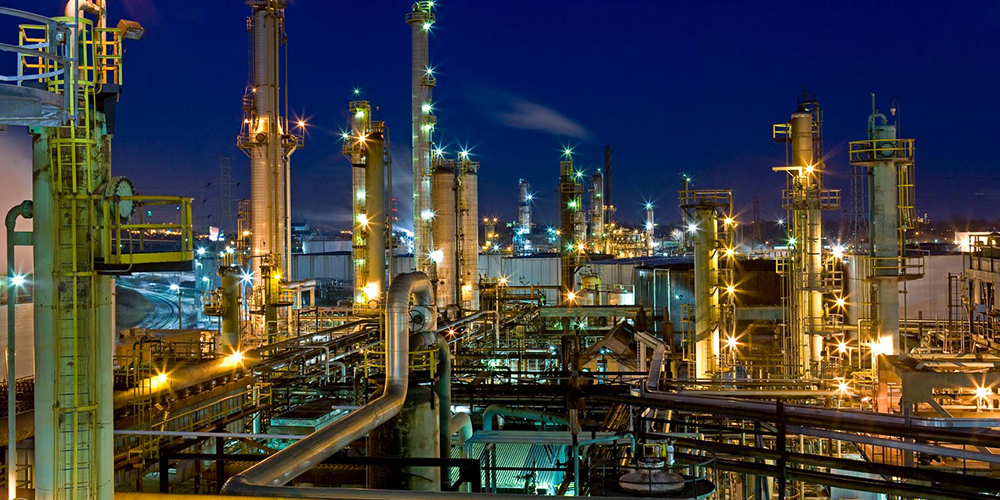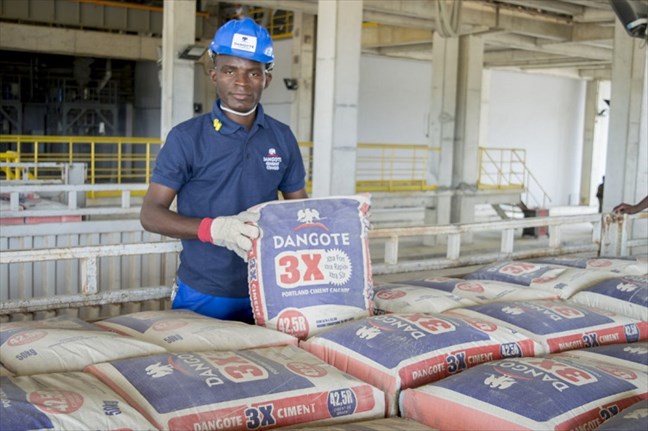The Port Harcourt Refining Company (PHRC) in Rivers State has recommenced its operations, aligning with the federal government’s commitment to achieving refined goods production at the plant by December 2023.
Closed down in 2019, the combined processing capacity of Nigeria’s four refineries in Port Harcourt, Warri, and Kaduna was 445,000 barrels per day (bpd). Maintenance issues had rendered these refineries non-operational.
Related: Port Harcourt refinery to commence operations in December 2023 -Mele Kyari
In August, Senator Heineken Lokpobiri, the Minister of State for Petroleum Resources (Oil), confirmed the PHRC’s plans to resume operations by December during an inspection tour of the plant.
Lokpobiri stated, “Our objective is for Nigeria to cease fuel importation. From our observations today, Port Harcourt Refinery will resume operations by the year’s end.”
Over two years ago, the federal government allocated $1.5 billion (1.2 billion euros) for the rehabilitation of one of its largest oil refineries. Maire Tecnimont, an Italian company, was chosen to oversee the repair work at the Port Harcourt location, with a production capacity of about 210,000 barrels per day.
Related: Dangote Refinery Gets Another 1Million Barrels of Crude
Former Minister of Petroleum (State), Timipre Sylva, outlined the rehabilitation process in three phases, aiming to reach 90 percent of the refinery’s nameplate capacity within the first 18 months.
Dr. Joseph Obele, the former Chairman of the Independent Petroleum Marketers Association of Nigeria (IPMAN) in Rivers State, disclosed that the first phase of rehabilitation at the Port Harcourt Refinery had been completed and was currently undergoing a test run.
Related: Dangote refinery acquires licence to process 300,000 barrels daily
Former Kaduna Central Senator, Shehu Sani, expressed optimism about the potential resumption of operations at the Kaduna refinery, hoping it would soon follow the commendable progress made by the Port Harcourt Refinery.
The revival of operations at the PHRC and the expected reactivation of the Kaduna Refinery are poised to strengthen fuel supplies in Nigeria, reducing the country’s dependence on imported refined fuel and other petroleum products.













